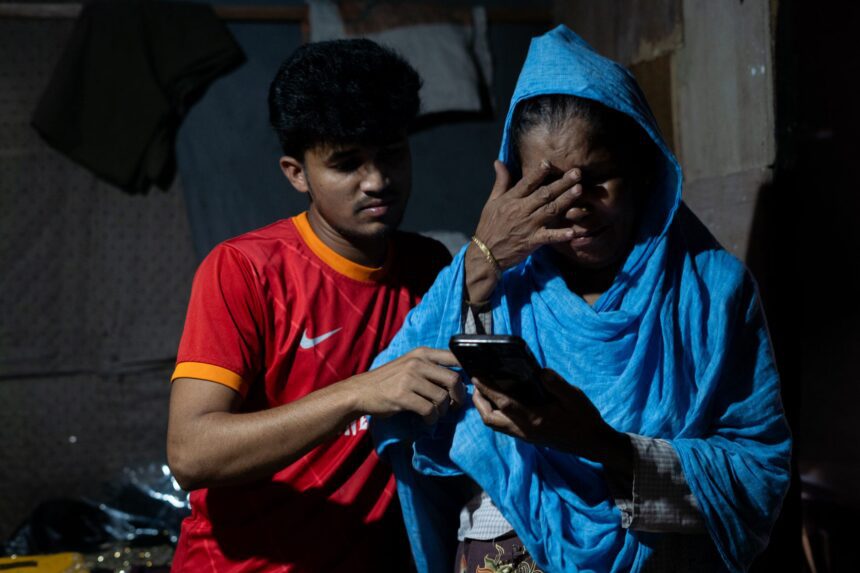India has firmly rejected allegations made in a United Nations report concerning the human rights situation in Myanmar, labeling them as a “blinkered analysis.” The Indian government specifically disputed the claim linking the recent Pahalgam attack to refugees from Myanmar, stating that such assertions have “absolutely no factual bearing.”
During the Interactive Dialogue on Myanmar’s human rights situation at the UN General Assembly’s Third Committee, Lok Sabha MP Dilip Saikia expressed serious objections to what he termed “baseless and biased” remarks from UN Special Rapporteur Thomas H. Andrews. Saikia criticized the Special Rapporteur’s “prejudiced approach,” asserting that it reflected a “communal lens” in discussing the Pahalgam incident.
The controversy revolves around Andrews’s report, which suggested that following a terrorist attack targeting Hindu tourists in Pahalgam, Indian authorities had detained, interrogated, and threatened to deport refugees from Myanmar, despite their non-involvement in the attack. The report stated, “Refugees from Myanmar have been under severe pressure in India even though no individuals from Myanmar were involved in the attack.”
In his report, Andrews also detailed an incident in early May 2025 when around 40 Rohingya refugees, including women and children, were reportedly detained in Delhi and transferred via military aircraft to the Andaman and Nicobar Islands. There, they were allegedly interrogated, threatened, and beaten during their transport across the Andaman Sea. The report claims that authorities deported many Rohingya refugees back to Bangladesh in May as well.
Saikia dismissed these allegations, urging the UN expert “not to rely on unverified and skewed media reports whose sole purpose appears to be maligning India.” He emphasized that India is home to over 200 million Muslims, nearly 10% of the global Muslim population, coexisting peacefully with individuals of diverse faiths.
Reiterating India’s stance, Saikia expressed concern regarding the deteriorating situation in Myanmar, which he described as having cross-border implications, including a rise in transnational crimes such as drug trafficking and human trafficking. He noted an “alarming level of radicalisation” among certain displaced individuals, impacting local law and order.
He reaffirmed India’s consistent call for an immediate cessation of violence, the release of political prisoners, the unimpeded provision of humanitarian aid, and inclusive political dialogue, stating that “sustainable peace can only be achieved through a Myanmar-owned and Myanmar-led path to democracy and credible elections.”
According to the United Nations High Commissioner for Refugees (UNHCR), over 1.5 million refugees and asylum seekers from Myanmar currently reside in countries such as Bangladesh, Malaysia, India, Thailand, and Indonesia. Saikia referenced India’s humanitarian initiatives in Myanmar, including Operation Brahma, which delivered over 1,000 metric tonnes of relief materials and provided medical support following a significant earthquake in March 2025.
The statements were made during India’s participation in the 80th United Nations General Assembly, where parliamentary delegations represented the country. A separate session on Disarmament Machinery saw TMC MP Sajda Ahmed reiterate India’s commitment to multilateralism and the ideals of the UN Charter, emphasizing the significance of the Conference on Disarmament as a primary multilateral negotiation platform.
Tags: “Baseless”: India dismisses UN report on forced deportations of Rohingya refugees Extract 5 SEO-friendly keywords as tags. Output only keywords, comma separated.
Hashtags: #Baseless #India #dismisses #report #forced #deportations #Rohingya #refugees










